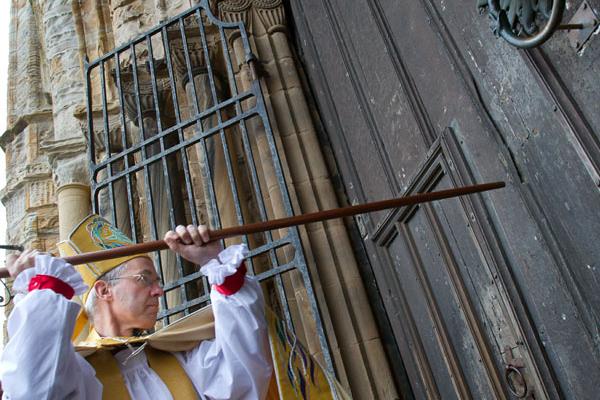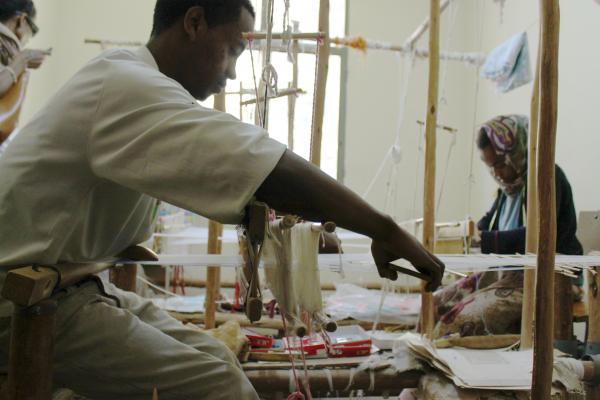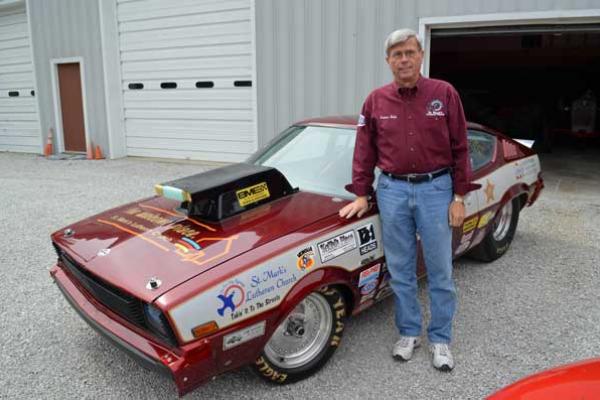CANTERBURY, England — When the Church of England scuttled plans to allow women bishops on Nov. 20, incoming Archbishop of Canterbury Justin Welby called it “a very grim day for women and their supporters.”
Now, that grim day is turning into a church-state nightmare for Britain's established church.
On Monday, The Times of London quoted from a leaked memo to church leaders from William Fittall, secretary general of the General Synod, who called the public and political fallout "severe."
Earlier this month, I went to vote at our local middle school in North Durham. It was one those winter-tease days, colder than usual, a glimpse of the coming months in North Carolina. As I walked into the school’s auditorium, I was met by poll monitors with visible breath and bundled-up like Ralphie’s brother from the movie A Christmas Story. For a Midwesterner, cold temperatures in North Carolina is a warm day in the fall, nonetheless, it was clear the monitors as well as voters were uncomfortable and frustrated with the conditions. While searching for my name in the voter list, I overheard one monitor pleading with an administrator to get the heat turned on, fearing the cold atmosphere might shoo voters away.
When I left the facility, I couldn’t help but wonder at the irony of the situation. In a crucial election with many issues at stake, including tax fairness, our local voting facility struggled to provide reasonable and comfortable conditions for the voters. It might be unfair to assume that the lack of heat in the earlier morning hours is related to the school’s budget, and subsequently, tax revenue. Perhaps the custodian simply forgot to turn it on. But, as national, state, and local governments continue to cut back on budgets and programs due to the lingering recession’s effects on revenue, the public sector and often those in lower-income neighborhoods are taking the brunt of tax policies and restructuring.
When I think of weavers, what comes to my mind are the ladies in the back of the knitting store in my Southern California hometown, the ones who hang out on weekend afternoons with their handlooms – weaving cloth shawls, blankets, or the occasional modern tapestry.
Here, weaving is, by and large, a pastime. Some would call it an art form. The ladies in the back of the knitting shop are craft weavers. We might consider them "artisans" and laud them for mastering the truly ancient craft.
In the West, machines do most of the commercial weaving, not people. In Ethiopia, and elsewhere in the developing world, handloom weaving is most often an occupation for men and one that isn't usually heralded for its artistry. Weaving isn’t a prestigious job and, by and large, those who weave are the working poor.
How is it possible that the creative life can feel simultaneously self-giving and narcissistic? On the one hand, the artist, or musician, or writer has a gift that not everyone has. And because paintings and songs and books give other people great joy – and might even change their lives — those gifts must be shared. But that means the artist herself must be shared, and that’s the problem.
For the artist, self-expression is unavoidable – it is part of the job description. As a songwriter, my raw material is the world as I observe it. That’s all I’ve got. The most realistic painter or sculptor still has to rely on his own vision. Even as a journalist, I have to draw upon my five senses, my own mind and my own experiences. Even as I tell someone else’s story, it is in part my story. I can’t tell your story without filtering it through my story; it’s how we make sense of new information. I’m only human, after all.
“Your body is a wrapped lollipop. When you have sex with a man, he unwraps your lollipop and sucks on it. It may feel great at the time, but, unfortunately, when he’s done with you, all you have left for your next partner is a poorly wrapped, saliva-fouled sucker.”
I cringed behind the wheel, appalled at the quoted words I heard coming from my audio copy of Half the Sky as authors Sheryl WuDunn and Nicholas Kristof discussed this statement uttered by Darren Washington, an abstinence educator, at the Eighth Annual Abstinence Clearinghouse Conference.
Sadly, it wasn’t too far off many Christian messages I’ve received about sex.
But let’s go back to the beginning.
Stephen Colbert, a practicing Catholic and sometimes CCD teacher, does a "liturgical dance" number to the hymn, "King of Glory." You're welcome.
BOWLING GREEN, Ohio -- Until his recent retirement, the Rev. Dale Schaefer spent most Sunday mornings wearing vestments and leading worship services at St. Mark’s Lutheran Church.
But whenever he had the time on his off days, the soft-spoken preacher would slip a helmet over his gray hair, don an asbestos racing suit, and climb into the cockpit of a 750-horsepower dragster he built from the ground up.
“There is kind of a rush when you launch this thing off the starting line,” Schaefer said, giving his customized 1980 Plymouth Arrow a loving slap. “Your eyes go back in their sockets and they don’t pop back until you’re about at the hot dog stand. Then you can see again. It’s a rush.”
Pastoring a church of 500 had kept him too busy to take the car to Norwalk, Ohio, where he often competes in the Super Gas and Super Pro divisions at Summit Motorsports Park.
Now in his second month of retirement, the 68-year-old minister got to race in the drag strip’s Halloween Classic, a weeklong event that draws 1,500 cars from around the country.
Schaefer usually tops 140 mph in the quarter mile, crossing the finish line in under 10 seconds.
That’s a Sunday stroll in the park compared to the top-level pro dragsters that can pack up to 8,000 horsepower and reach speeds of more than 340 mph on a 1,000-foot straightaway, he said.
But it’s plenty of speed for a “sportsman” or hobbyist like the Racing Rev.





